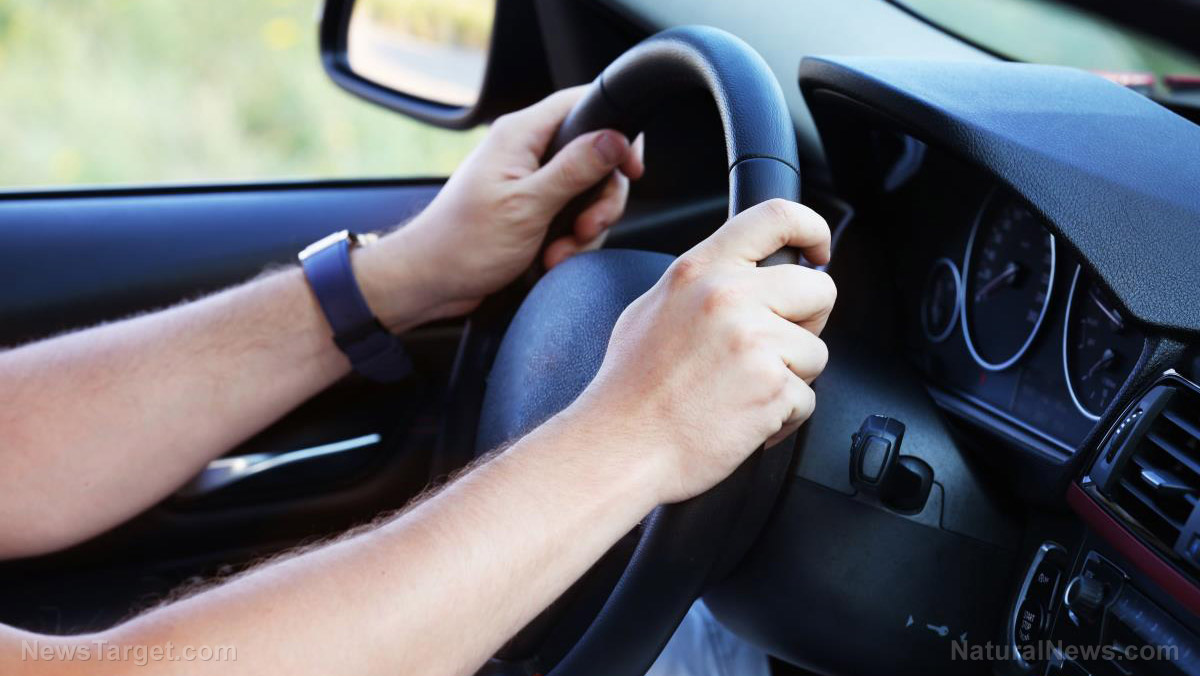
While it certainly didn't require an in-depth analysis to arrive at this somewhat obvious conclusion, a team of researchers from the Virginia Tech Transportation Institute (VTTI) has confirmed that it's indeed safer to use hand-free devices like earbuds or Bluetooth as opposed to holding your phone while talking and driving.
A paper they published on the topic reveals that multi-tasking while driving is a major no-no, and that it's much better to keep your hands on the wheel and eyes on the road in order to minimize your risk of getting into a fender-bender.
"Any activity that places either visual or manual demands on the driver – texting, browsing or dialing a hand-held phone, for instance – substantially increases crash risk," says Tom Dingus, director of VTTI and the study's principal investigator.
"However, our recent study has found that the primary cognitive secondary task of talking on a hands-free device does not appear to have any detrimental effects," he adds.
Is it possible that hands-free technology actually reduces the risk of an accident?
The purpose of Dingus' research was to determine whether or not cognitive distractions are a universal risk factor when it comes to vehicle accidents, regardless of manual movements like holding a phone or pressing its buttons.
Dingus and his team analyzed video and other sensor data collected from the Second Strategic Highway Research Program naturalistic driving study, the largest ever light-vehicle study of its kind. This included looking at 3,454 drivers, 905 crashes, 275 of which were classified as "serious" crashes, and 19,723 control cases of "normal driving.
After looking at this data and comparing it to other examples of drivers performing various visual and manual activities like texting, adjusting one's phone, or changing the radio station, they determined that drivers who use a hand-held phone increase their crash risk by 2 to 3.5 times compared to "model" drivers.
On the other hand, using hands-free technologies was found to, at least in some cases, decrease one's risk of getting into a car accident, which was demonstrated by the fact that none of the 275 "serious" car crashes were associated with hands-free systems.
"There are a number of reasons why using a hands-free device could keep drivers more engaged and focused in certain situations," Dingus contends. "One is that the driver looks forward more during the conversation."
"Although engaging in the conversation could cause a small amount of delay in cognitive processing, the driver is still more likely to be looking in the direction of a precipitating event, such as another car stopping or darting in front suddenly. The phone conversation could also serve as a countermeasure to fatigue on longer road trips. Perhaps most importantly, a driver who is talking on a hands-free phone is less likely to engage in manual texting/browsing/dialing and other much higher-risk behaviors."
Hands-free technology can help to decrease radiation exposure risk
Another benefit of using hands-free technology is that it keeps mobile devices far away from users' heads, in turn minimizing the health risks associated with direct exposure to cancer-causing electromagnetic radiation (EMF).
Though the mobile phone industry insists that the radiation released from "smart" phones is completely safe – the same line of bull peddled by the vaccine industry concerning vaccines – the truth of the matter is that cell phone radiation is more dangerous than people think.
"Giving the driver an option to use a safer system will help with compliance for a new law and lead to fewer distraction-related crashes," Dingus adds about how hands-free technology will also help to keep drivers in compliance with ever-changing laws.
For related news about the threat of wireless radiation, be sure to visit EMF.news.
Sources for this article include:
Please contact us for more information.





















